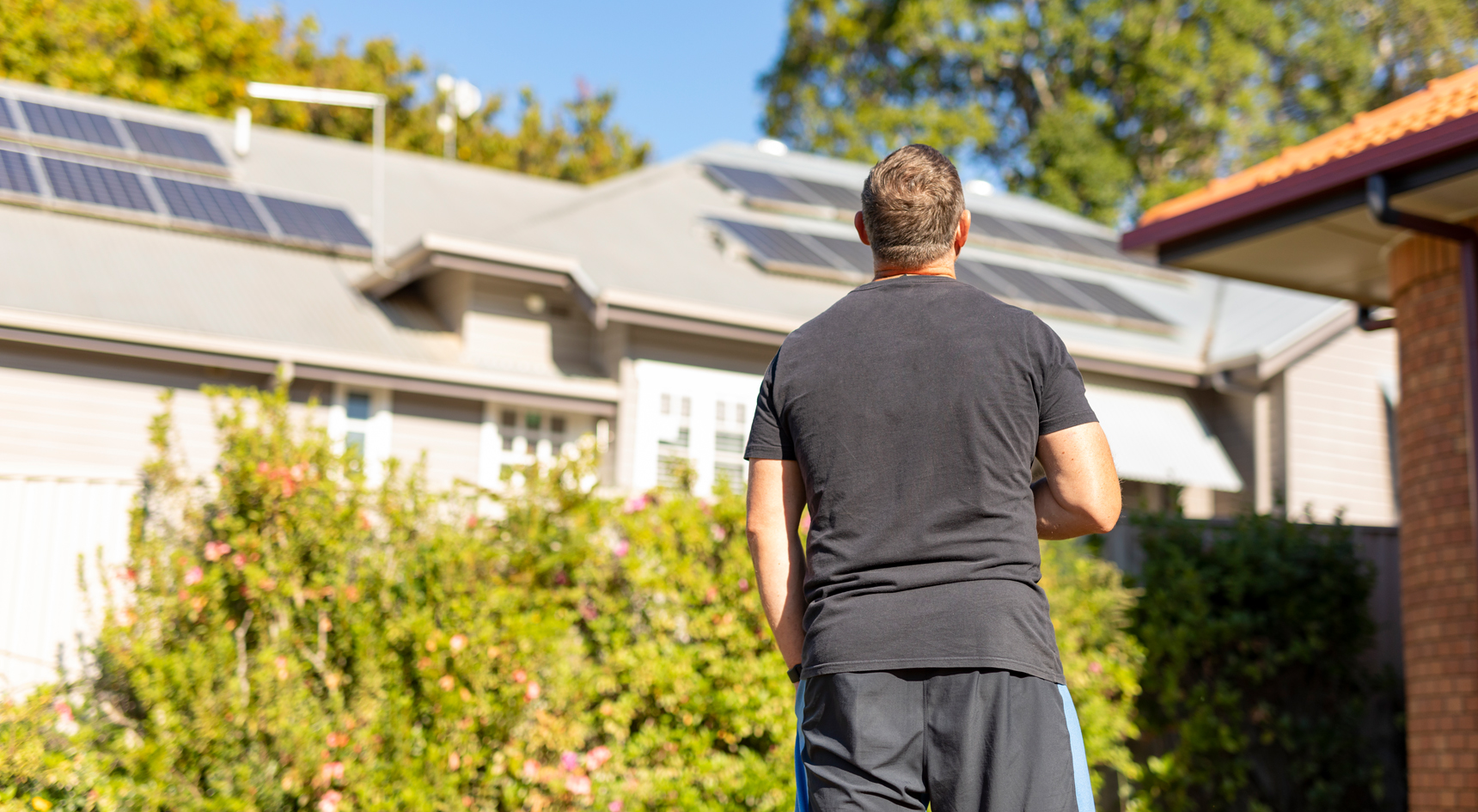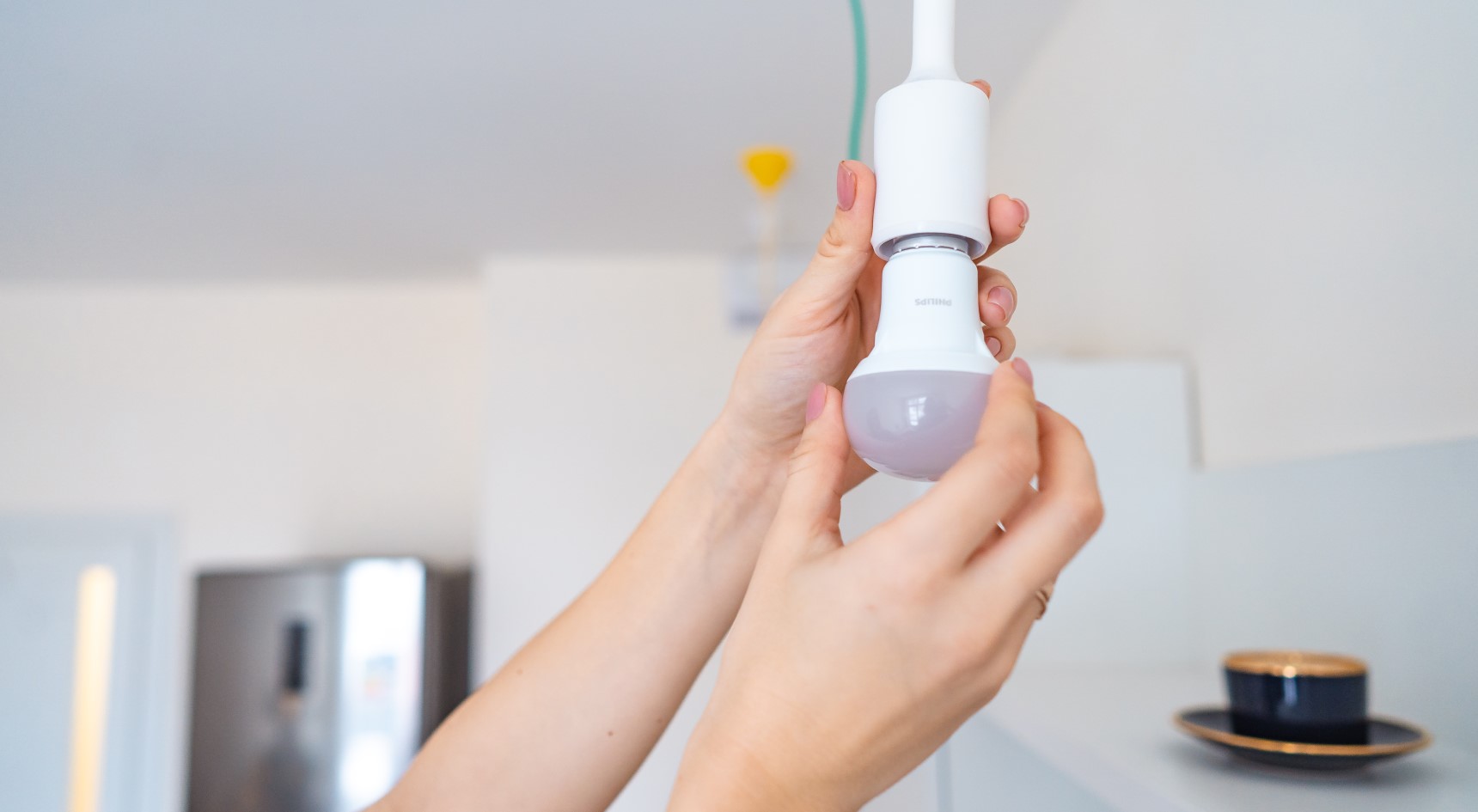Sustainable New Year’s resolutions

Happy New Year! It’s tradition to make a resolution, a solemn promise to ourselves, to do something different in the coming months. However, despite our best efforts, this can be hard to sustain.
That being the case, have you ever thought about making it sustainable?
Not as some sort of maintained discipline, but in a ‘help the environment’ kind of way. Well, we can help you with that. Here are a few eco-friendly changes you can make to your everyday life that will help the planet and yourself at the same time.
Solar and battery
The benefits of solar energy are well-known. Using the sun as a renewable source of energy, solar panels emit zero pollution, cut down the reliance on fossil fuels and reduce the carbon footprint. Homeowners also save money on power bills. With the option of battery storage, you can be less reliant on your utility, which comes in particularly handy during blackouts. Even when the grid fails, your home will still have power. Batteries also provide reliable power without noise and air pollution and leave a smaller carbon footprint. RAA offers a range of solar products and packages.

LED lights
Are you still using traditional fluorescent, halogen or incandescent lights at home? Then you might want to consider switching to a sustainable alternative that will also save you money. LED lights last up to 25 times longer, require less changing and maintenance, and have lower energy costs by reducing energy consumption. They contain no toxic elements and leave a smaller carbon footprint. What does that mean? Essentially: LED lights are environmentally and fiscally friendly. Don’t just flick the switch – make the switch! RAA Trade Assist will help you find a qualified professional to install your LED lights.

Zero waste home
Waste is a huge environmental issue. Reducing waste at home requires changes to your everyday behaviour, but there are some simple things you can do to put this into action. Fresh produce tastes better, so why not grow a garden? Plant a veggie patch in your backyard or, if you don’t have the space, use garden beds or good old-fashioned pots. While you’re at it, you might as well start making compost to help your organics grow. When grocery shopping, purchase seasonal fruit and vegetables and more package free food cuts. Eliminating plastic (especially straws and bags), conserving water, and recycling more efficiently are some other things you can do to cut down on waste.

